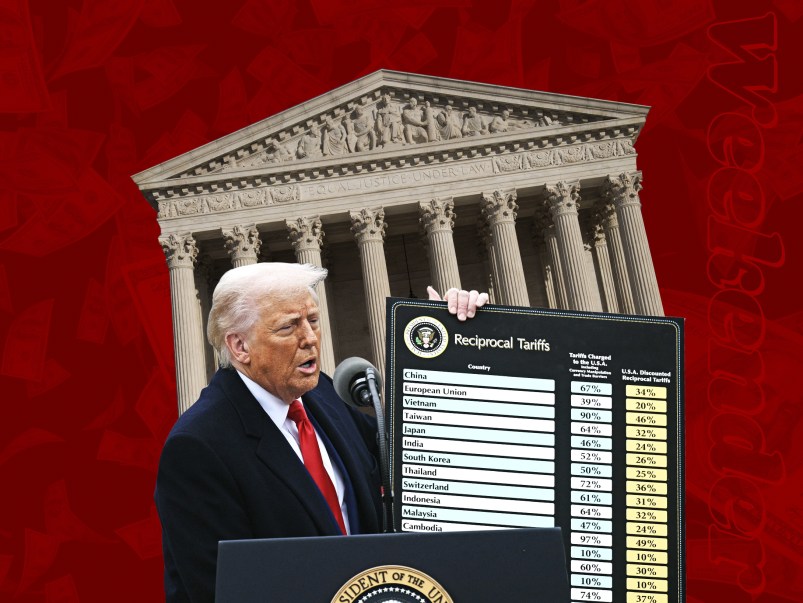
by Giwa Oke
FG Enforces 12-Year Minimum Admission Age for JSS1 in Private Schools…
In a bid to enforce standardization across Nigeria’s basic education system, the Federal Ministry of Education has announced a new policy setting 12 years as the minimum age for admission into Junior Secondary School 1 (JSS1), specifically targeting private and independent (Non-State) schools.
According to the directive, all pupils must undergo six full years of primary education before transitioning to junior secondary school, beginning their formal education journey at age six in Primary 1. This policy, outlined in the latest education framework, reiterates the 6-3 structure of basic education—six years of primary and three years of junior secondary—which is considered non-negotiable by the ministry.
The framework also outlines a structured early childhood education timeline: three years of nursery school starting at age three, followed by one year of compulsory pre-primary (Kindergarten) education at age five, in line with Section 2(17) of the 2013 National Policy on Education (NPE).
This renewed emphasis on enforcing age benchmarks comes amid ongoing debates around the maturity and preparedness of students entering tertiary institutions. If strictly adhered to, the policy implies that most students would be at least 18 years old by the time they are eligible to apply for university admission.
The move appears aimed at harmonizing academic progression, particularly within Nigeria’s rapidly expanding private education sector. Data from the 2022 Nigeria Education Digest shows that private junior secondary schools now outnumber government-run schools in 26 states, with a significant 35.06% growth recorded between 2017 and 2022—far outpacing the 6.8% growth of public schools over the same period.
At the primary level, while public schools remain more numerous in 19 states, private primary institutions recorded a 31.56% growth between 2017 and 2022, compared to just 3.3% for state-owned schools. These figures suggest a rising shift toward private schooling, driven by parental demand and perceived quality.
By setting a uniform entry age, the Federal Government is seeking to bring greater consistency and structure to the basic education system across both public and private institutions. As the policy rolls out, education stakeholders are expected to monitor its implementation closely, especially in urban areas where competition for early academic progression remains high.




